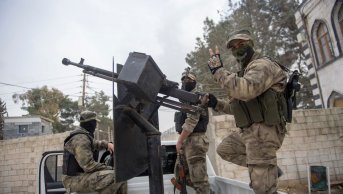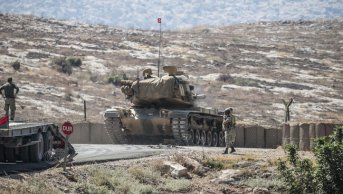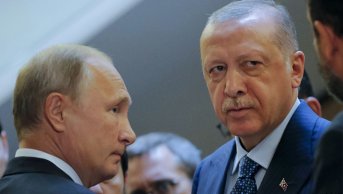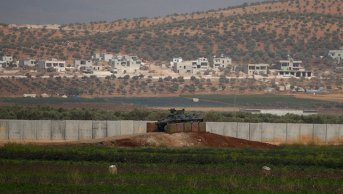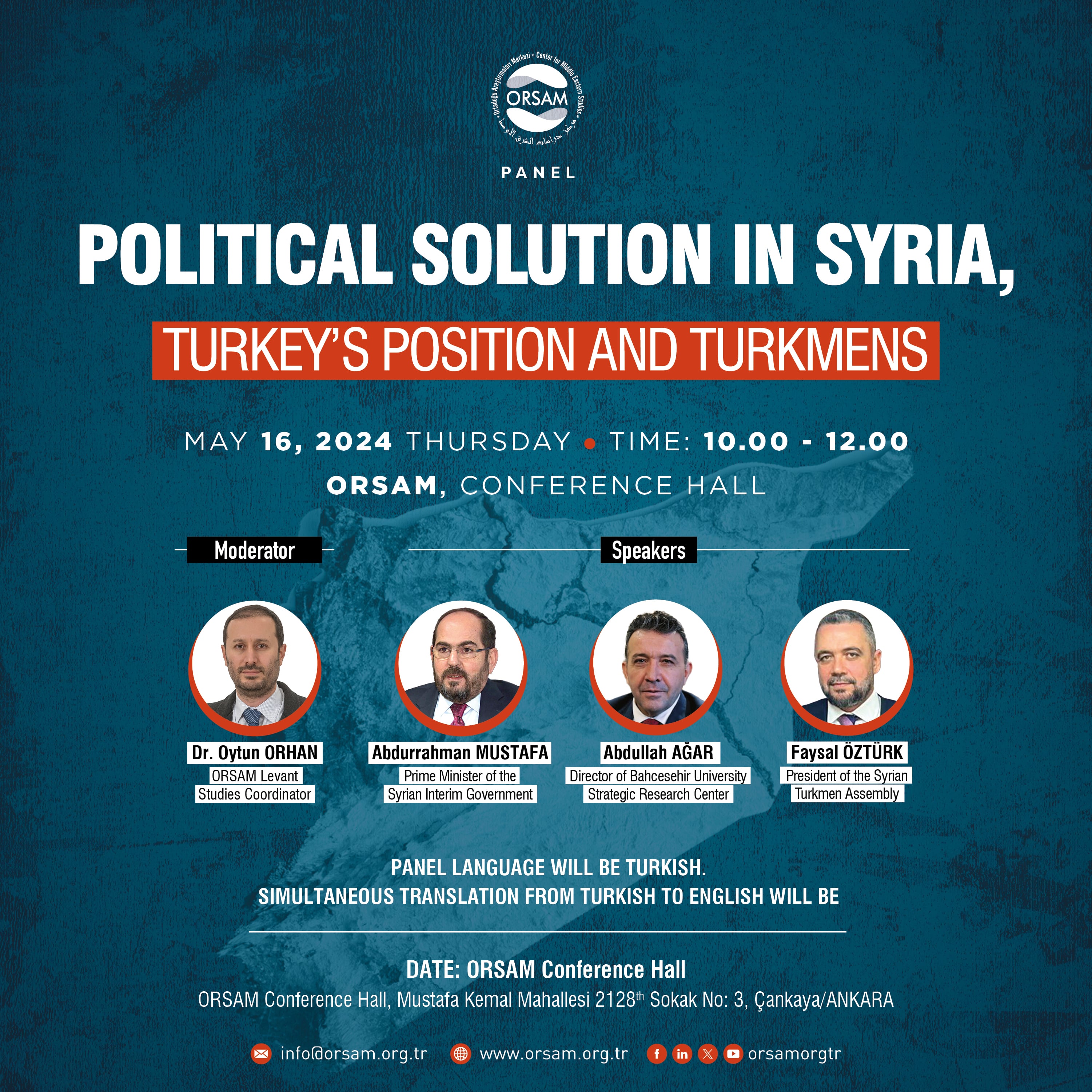Carrot and Stick Approach Needed to be supported in Syria
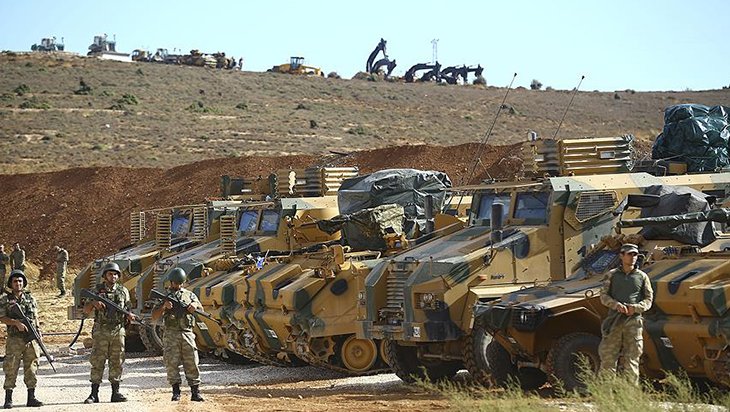
Since 9/11, the dominant counter-terrorism approach applied by many governments in civil war context has not yielded less violent extremism and terrorism. The approach that has excluded armed groups from political process yielded a sort of proliferations of extreme version of jihadi-Salafisim ideology and methodology. It is time to encourage moderates’ and pragmatic wings inside the jihadi movements by including them in negotiation process in which all parties should respect the final agreements.
Given the complexity of the civil war context, not all jihadi groups fighting in Syria are like ISIL. It is important to distinguish between jihadi groups who are open to negotiations and are acting as political players, from those who are rigid and nihilist. Opening a window and exerting efforts to engage extremist armed groups in the political process could lead to more moderate ideologies or/and actions. However, this strategy should be associated with providing incentives, as well as threatening to apply sanctions. Also, it should be associated with fulfilling the negotiations’ results.
The clear cut example of this strategy can be seen in the case of one of Syrian armed groups: Ahrar al-Sham. By engaging in negotiation process, the movement abandoned jihadi-Salafism ideology in early 2014 and became more of a political player. In fact, this shift could not be possible, among several factors, without Turkish government efforts alongside United States and EU support. In the same vein, the change that occurred in Ahrar al-Sham’s trajectory encouraged other Jihadi groups to do sore shifts. i.e, Hayat Tahrer al-Sham (HTS), in which disassociated its affiliation with al-Qaeda.
While several western governments have acknowledged the positive influence of the political inclusiveness on the ideology and actions of Ahrar al Sham, it seems they are reluctant to exert the same efforts with HTS although clear changes occurred in HTS’s political behavior. However, it seems that Turkey has not given up and continued its experimental approach that proved successful, at least, until now. By applying carrot and stick method, Turkey is continuing to encourage and sometimes force radical groups into moderation and strengthened pragmatic members inside the group. HTS has distanced itself from al-Qaeda and even conducted campaigns to weaken its presence. Moreover, it has conducted ongoing campaign to eliminate ISIL cells in the areas under its control. It seems that Turkey perceived HTS as a reliable instrument against ISIL.
Thus, the more incentives and sanctions provided to HTS, the more it would conduct painful shifts. Excluding Jihadi movements that have accepted compromises from political processes and pushing them into a blind alley, will lead to weakening pragmatic wings and strengthening ultra-ones within the movement. That, with no doubt, will provide a fertile soil for flourishing ISIL’s discourse; when it is seen that even if jihadi movement becomes pragmatic and gives severe concessions they would not be accepted as political players. Also, more engagement in politics will expose HTS sacred ideational frame, and the involvement in politics on the ground will inevitably leads to these movement making mistakes; thereby encouraging people to criticize their actions and ideas.
Nevertheless, Turkish experimental approach in Syria cannot go far without cooperation and support from its NATO partners particularly USA and Europe. Coordination would give Turkey more leverage to exert pressure on HTS towards conducting more intra-movement changes; not only changing behaviors and actions, but also, revisiting their ideas. This could lead to a soft dismissal of its organization. Also, on the other hand, such a close cooperation would enhance ties among Turkey and its NATO partners that would help to engineering together the next day of Syria.
On the other hand, lack of coordination would lead to undesirable repercussions. First, it will be undermining attempts to modernize jihadi movements that not only have shrunk ISIL’s presence but also challenged its ideological basis. Second, it will be providing an excellent excuse to Assad’s troops with the support of Russia, to violate de-escalation areas agreement and to bomb Idlib; the last de-escalations zones. This would result into a humanitarian catastrophe and more refugee waves flooding Turkey and, definitely, other European countries. Finally, it would endorse the extremist opinion, not only in Syria but also in other areas, that perceives that western powers can survive with authoritarian regimes like Assad’s; but not with pragmatic jihadists who have modified their ideology and methodology.
In light of the civil war in Syria reaching a critical moment, it is important to pay attention to applied strategies to not only combat violent extremist-Jihadi Salafism groups’ actions but also eradicate its ideational framework as well. There is no time to repeat what has been practiced in Iraq, with the result crystal clear; emergence of a barbarous version of violent extremist-Jihadi Salafism group: i.e. ISIL. ISIL has not only threatened stability in the Arab region; but also extends instability to other regions including the USA and Europe. It is time for a close cooperation among NATO members to promote Turkish experimental counter-terrorism approach of modernizing jihadists, opening an opportunity of change by engaging them in fighting ISIL and in a realistic negotiation process with other actors. However, negotiation process here is not the target per se, it is a path in which all actors should accept compromises and commit to fulfill their duties. Otherwise, we the world will be facing more serious consequences.

